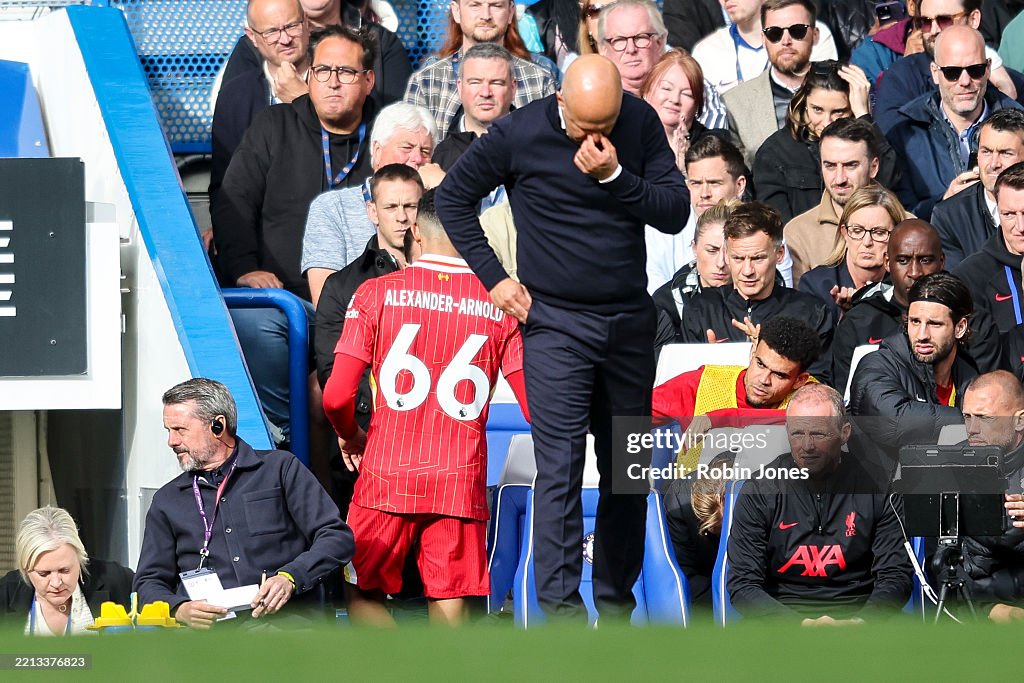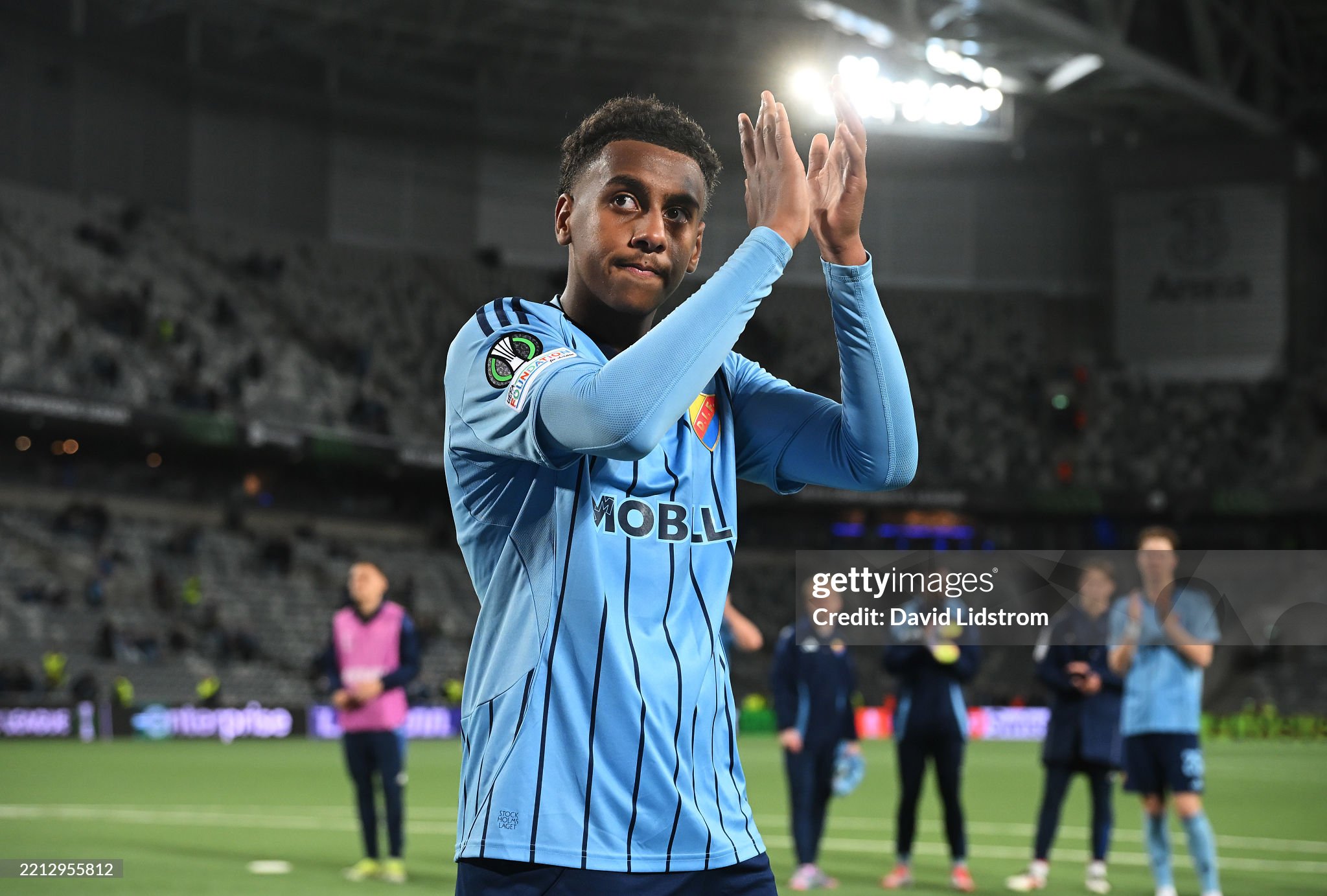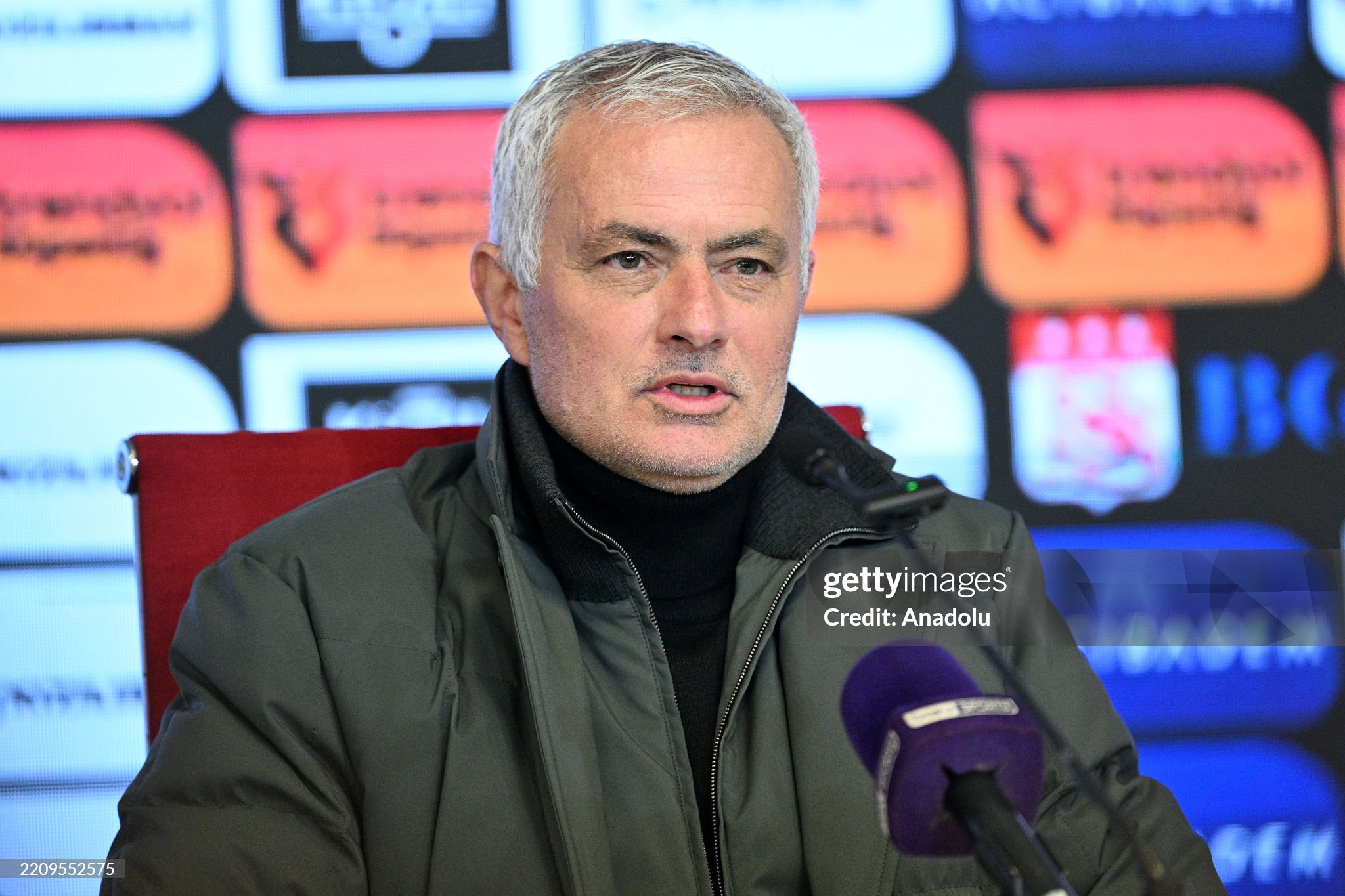Barcelona is once again facing registration issues for several players, according to various Spanish media reports. The Catalans will need to make significant financial adjustments to register Pau Victor and Dani Olmo for the second half of the season.
Player registration has once again emerged as a pressing concern for Barcelona, a recurring issue that has plagued the Catalan giants in recent seasons due to ongoing financial constraints and La Liga's strict salary cap regulations.
This time, the registration of Dani Olmo and Pau Victor has become the focal point of the club's financial strategy, as their eligibility for the second half of the season hangs in the balance. The situation underscores the ongoing challenges faced by Barcelona as they navigate the delicate balance between compliance with financial rules and maintaining competitiveness on the field.
Last summer, the registration of Dani Olmo caused a stir, sparking widespread discussion in the football world. Olmo’s registration was eventually achieved through a creative workaround, highlighting the lengths Barcelona had to go to in order to meet La Liga's financial requirements. This temporary resolution allowed Olmo to feature for the team, but it also revealed the fragility of the club's financial structure. Just months later, the team, now managed by Hansi Flick, finds itself in a similar predicament, with both Olmo and promising young talent Pau Victor at risk of being sidelined for the latter half of the season.
According to reports from Mundo Deportivo and Sport, both Olmo and Victor are currently registered to play until the end of the calendar year. However, extending their registration into 2024 presents a significant hurdle. Without immediate action, the two players may be ineligible to compete in La Liga matches beyond December. To address this pressing issue, Barcelona is reportedly exploring an unconventional solution: the sale of a limited number of VIP seats at Camp Nou for a 20-year period. This proposal, if successful, could generate a windfall of approximately €200 million, providing the club with the financial flexibility needed to comply with registration requirements.
The potential sale of VIP seats is a bold and unprecedented move, reflecting Barcelona's urgency and ingenuity in tackling its financial challenges. Reports indicate that there is already significant interest from potential buyers, suggesting that the club could secure the necessary funds in time. However, such a move is not without its risks. Selling assets tied to the stadium, particularly on long-term agreements, could limit future revenue streams and may spark criticism from fans and stakeholders concerned about the long-term sustainability of the club's finances.
If the VIP seat sale fails to materialize or if alternative financial solutions cannot be found, the consequences could be severe. Under current regulations, Dani Olmo and Pau Victor would be ineligible to participate in La Liga matches starting in January. However, a curious loophole in the rules might allow them to play in the Spanish Super Cup, a competition scheduled to take place early in the new year. This discrepancy has reportedly drawn the ire of the Spanish Football Federation, which is said to disagree with the interpretation that allows players unregistered for league matches to participate in other competitions. The disagreement adds another layer of complexity to an already challenging situation.
For Barcelona, the stakes are high. Dani Olmo has been a pivotal figure for the team, offering creativity, technical skill, and leadership on the pitch. His absence in the second half of the season would be a significant blow to Barcelona's ambitions, particularly as they aim to challenge for domestic and European titles under Flick's management. Similarly, Pau Victor, though less experienced, represents the future of the club, and sidelining such a promising young talent could hinder his development and morale.
This latest registration saga also highlights the broader financial struggles faced by Barcelona. Despite efforts to stabilize the club’s finances following the departure of Lionel Messi and the sale of assets such as a portion of their TV rights, the club remains in a precarious position. La Liga's stringent financial regulations have forced Barcelona into a reactive mode, frequently seeking short-term fixes to long-term problems. While these measures have kept the club afloat, they have also underscored the urgent need for a sustainable financial strategy.
As the January deadline looms, all eyes will be on Barcelona's boardroom. The success or failure of their financial maneuvers could shape the club’s immediate future and have far-reaching implications for its competitiveness and reputation. Meanwhile, fans and players alike will hope for a resolution that allows Olmo and Victor to continue contributing to the team’s success on the field. For a club of Barcelona's stature, finding a solution is not just a necessity it is a matter of pride and identity.








